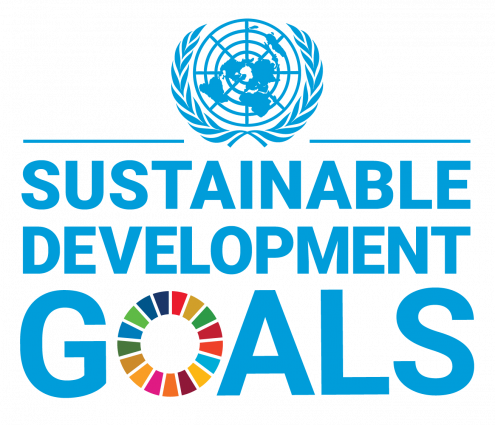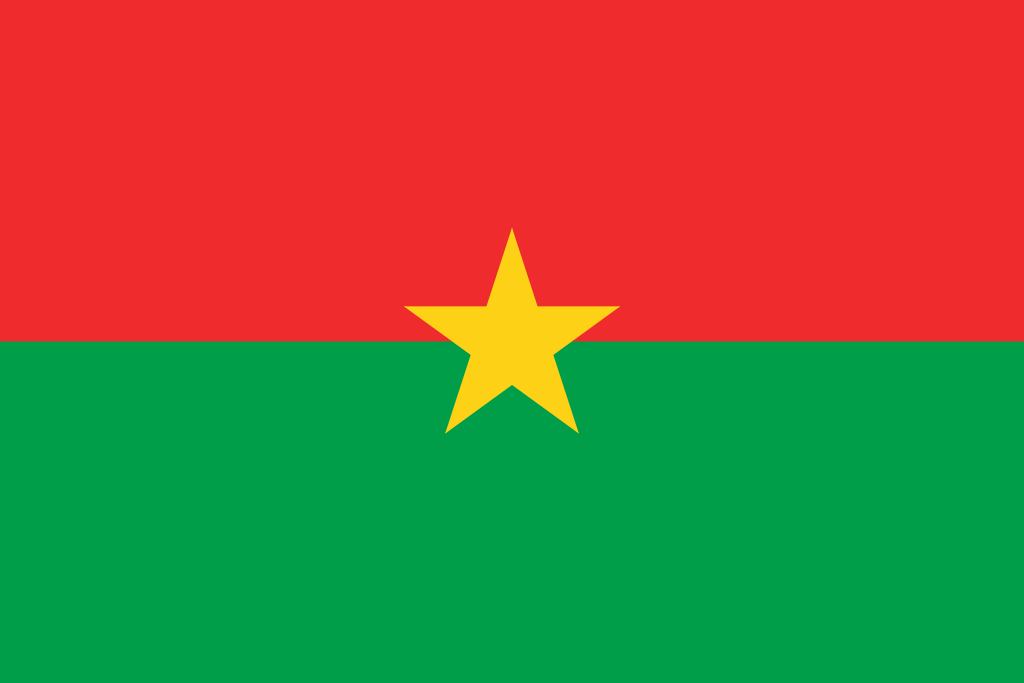
The increase in natural disasters is largely the result of industry, transport and resource consumption. The negative effects of climate change are affecting above all the vulnerable population groups in poor countries, including the Sahel and thus also Burkina Faso.
If the will of individual governments and the willingness of the rich industrialized countries to provide appropriate support to drive the adaptation process forward is still lacking, many people will have to leave their country as poverty and environmental refugees.
Climate-induced drought has long been considered a major driver of migration and could trigger migration movements in the triple-digit millions by 2050.
By 2070 at the latest, the global economy wants to do without fossil fuels such as oil and natural gas in the energy sector. This goal is a direct measure against rapid global warming. Over the same period, the current population of Africa (2020) will increase from 1.3 billion people to a projected 2.5 billion. The complete decarbonization of the world economy by 2070 at the latest is thus rather an illusion, even with the construction of nuclear power plants. This is why adaptation measures in agriculture and measures to prevent natural disasters are particularly important.
Poverty reduction and simultaneous environmental protection are mutually dependent. Who knows that already today the number of refugees fleeing environmental problems far exceeds the number of political and war refugees? How can climate-induced poverty in Africa be taken into account, the capacity of states to act strengthened, and the causers of climate change held accountable?
In practice, dialogue between industrialised and developing countries will show the way. The consumption and production behaviour of the rich countries must change, and development in the Third World must be supported by their own sustainable economic activity.
Burkina Faso has not yet managed to provide sufficient supplies for all people. Because very many families live in poverty, their children cannot go to school but have to work to earn money. But the country has already done a lot in recent years to reduce poverty. It is supported by many states.
The funds originating from international cooperation are vital for Burkina Faso. Grants and foreign loans account for about 70 percent of the national budget. Burkina Faso is one of the cooperation countries of German Development Cooperation: Germany is one of the country’s largest bilateral donors and also promotes agriculture. As a result, more food can be produced and more people find a job.
Linking the impacts of poverty reduction and environmental policy has the potential to achieve the required synergies in a short time, thereby resolving conflicts of objectives and using financial resources efficiently.
The dignified migration of people who lose their homes due to climate change requires a form of support in which these people can take responsibility for themselves that respects more than just the dignity of the individual.
That is why we are working with our partners in Burkina Faso to ensure that family farms have enough land to feed themselves all year round. That they know how to cultivate their land and recultivate new land in order to keep it fertile in the long term and for future generations, even in times of climate change.
On an international level, Terra Verde is working for the entire Sahel region to ensure that the right to food does not remain just a paper mill. This also means that we use the demands of decision-makers in the field of agricultural policy to pass on our tried-and-tested knowledge in rural agriculture for scalable projects.
Almost no one leaves his home, family and friends voluntarily, so the affected inhabitants of the Sahel zone are highly motivated to participate actively. Support Help for self-help, so that the small farmers in Burkina Faso can make their contribution against hunger and malnutrition.

Tangible targets
It would take 20 years and cost around EUR 50 million a year to cover all erosion-prone arable land with contour stone walls. This is an affordable sum that is far below the international community’s annual funding expenditure and guarantees food security for the growing population.